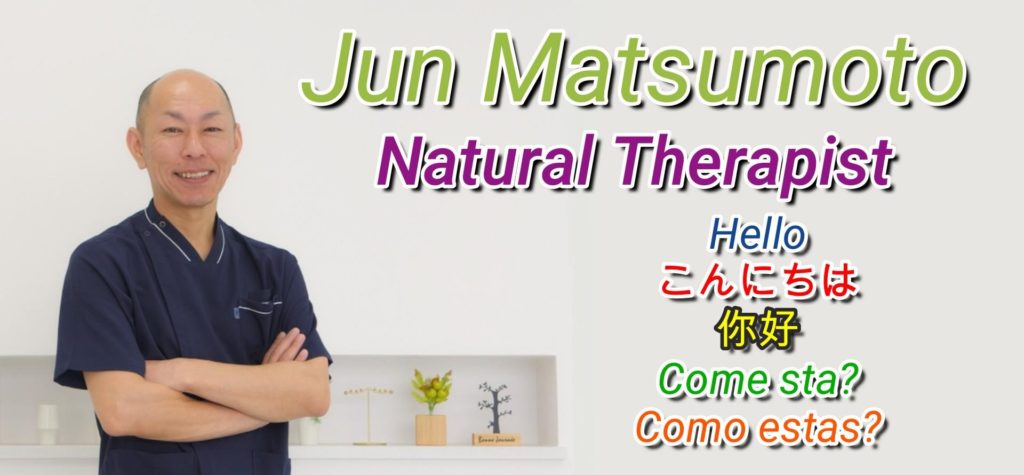
ナチュラリゼーションという選択
痛みのない自由な体を取り戻そう。
ナチュラリーゼーションとは
あなたの身体を自然化させるボディワークです。自由で痛みの無い体へ。
松本じゅん接骨院へようこそ
滋賀県高島市で接骨院を開設しています。
前十字靭帯断裂の自然治癒療法
前十字靭帯断裂の自然治癒を目指す治療を提供しており、100例以上の症例報告があります(結果には個人差があります)。
プロフェッショナル・セミナー
ナチュラリーゼーション指導者養成コースのご案内です。
ナチュラリーゼーション・アカデミー高島
老若男女問わず体を整えるボディワーク・サークルです。
